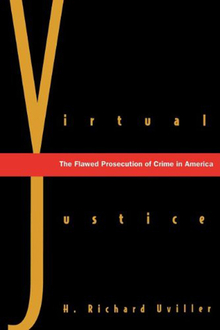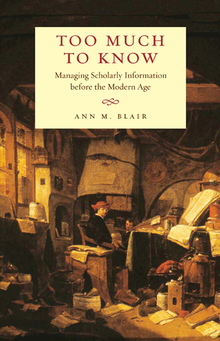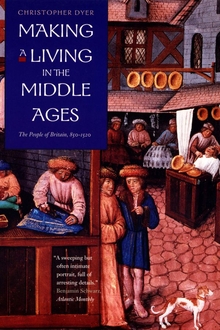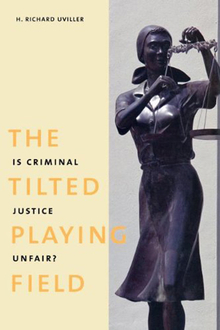Virtual Justice
WARNING
You are viewing an older version of the Yalebooks website. Please visit out new website with more updated information and a better user experience: https://www.yalebooks.com
The Flawed Prosecution of Crime in America
H. Richard Uviller
H. Richard Uviller deftly covers major aspects of the criminal justice process, from the gathering of evidence, capture and custody, and eyewitness identification to plea bargaining, selecting the jury, and the role of the judge. He illuminates each aspect of the process by creating and then analyzing a scenario drawn from the daily business of the courtrooms of the nation, a scenario in which police or judges may find themselves frustrated or immobilized, often by the law itself. Uviller explains the legal quandaries that often bedevil the process and shows how decisions by the Supreme Court have relieved or aggravated perplexity. He concludes that the prohibitions limiting investigation, the pervasive combat mentality between defense and prosecution lawyers, and, in particular, the power vested in a random collection of ordinary people gathered together as a jury all contribute to a criminal justice system that produces virtual—rather than actual—justice.
"This imaginative, careful, and commonsensical book makes a real contribution in stimulating thought about serious and difficult issues."—Judge Stephen F. Williams, United States Court of Appeals, Washington, D.C.
"Virtual Justice both enlightens and entertains. It is a vivid, incisive, sometimes disquieting account of the many fictions imbedded in our earnest but oft-foundering criminal justice system."—Scott Turow
"In this thoughtful, accessible, and often personal book, Columbia University law professor Uviller argues that our criminal justice system often errs against the public interest by hampering police and prosecutors in their efforts to stop crime."—Publishers Weekly
"Packed with interesting anecdotes and clever observations, this is a thought-provoking, enjoyable read."—Kathleen Hughes, Booklist
"Uviller's critique of America's criminal justice process—in particular of the jury system and the down-grading of judges—is sharp and entertaining. His proposals for reform are ingenious and suitably tentative."—Charles Wheeler, Daily Telegraph
"This provocative book written for both a sophisticated lay public and the cognoscenti will open a wonderful dialogue on the fault lines of criminal justice and what repairs are needed. . . . I can envision thoughtful lawyers having long evening discussions over brew, leaving all concerned wiser and more aware of the conundrums of reconciling virtual justice with real justice."—Lawrence Fleischer, The Lawyer's Bookshelf
"The writing is clear, the ideas challenging, the method engaging. Highly recommended for general readers and undergraduates, this book should be read by anyone interested in the strengths and weaknesses of our criminal justice system."—Choice
"This book, which will interest both lawyers and lay people, is the best general analysis of the criminal justice system to appear in many years. . . . This is a terrific book."—Bill Farrell, Newark Star-Ledger
"Provocative and often-entertaining. . . . Virtual Justice will appeal to a wide audience. Uviller engages the reader with a lively and often-witty writing style, a concise but comprehensive discussion of the underlying issues, and a thoughtful examination of possible remedies for the problems he identifies. The scenarios sprinkled throughout the book, while fictional, will ring true with criminal justice practitioners and scholars; they describe the real-world dilemmas facing police officers, lawyers, judges and jurors responsible for the investigation of crimes and the adjudication of guilt."—Cassia C. Spohn, Law and Politics Book Review
"[This book] offers timely reforms that could improve both the administration of justice and the public's perception of it in contemporary America. . . . Uviller has done a superb job of blending the simple and the profound, the elemental and the technical. And he has created a fascinating read: most of the issues discussed are set up in 'case study' style utilization fictitious but poignant scenarios of deviltry, corruption and victimization."—Michael Clay Smith, Prosecutor
Publication Date: May 29, 1996









